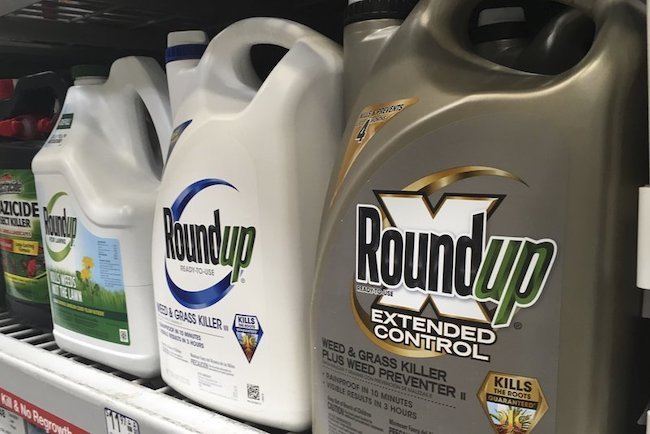New Research Reveals Glyphosate Causes Cancer Even at Approved Exposure Levels

A new study has cast serious doubt on the long-standing safety claims surrounding glyphosate, the most widely used herbicide in the world and the active ingredient in Monsanto’s Roundup.
Recently published in the journal Environmental Health, the study, known as the Global Glyphosate Study, found that even low doses of glyphosate considered “safe” by regulatory agencies significantly increased the risk of multiple forms of cancer in laboratory rats.
Over two years, researchers administered glyphosate to rats through drinking water at doses aligned with both the EU’s Acceptable Daily Intake (ADI) and its No Observed Adverse Effect Level (NOAEL).
These same levels are deemed safe for human consumption, including for pregnant women and children. However, the results of the study revealed alarming outcomes: rats developed six of the ten most common cancers in humans, including leukemia, liver cancer, and ovarian tumors.
What sets this research apart is its sheer scale and international collaboration. The Global Glyphosate Study is the most comprehensive ever conducted on an agricultural chemical, rivaled only by historic research into tobacco and asbestos.
It involved scientific institutions from across the globe, including Boston College, King’s College London, Mount Sinai, George Mason University, and numerous Italian national research and health agencies.
These new findings strongly reinforce the 2015 conclusion by the International Agency for Research on Cancer (IARC), which classified glyphosate as “probably carcinogenic to humans.”
The study also aligns with previous epidemiological research that has linked glyphosate exposure to increased cancer risk.
Dr. Philip Landrigan, co-author of the study and director of the Program for Global Public Health and the Common Good at Boston College, emphasized the implications for public health.
“The observation that prenatal exposures increase leukemia incidence and mortality in infant rats is a powerful reminder of the vulnerability of human infants to toxic chemicals,” he said. “This is a strong argument for removing glyphosate from foods consumed by pregnant women and children.”
As public health efforts intensify globally, including in the U.S., where the Make America Healthy Again commission is working to improve population health, the study provides compelling evidence that glyphosate use should be urgently reassessed.
The research raises profound questions about the chemical’s continued presence in agriculture, especially when safer alternatives may be available.





